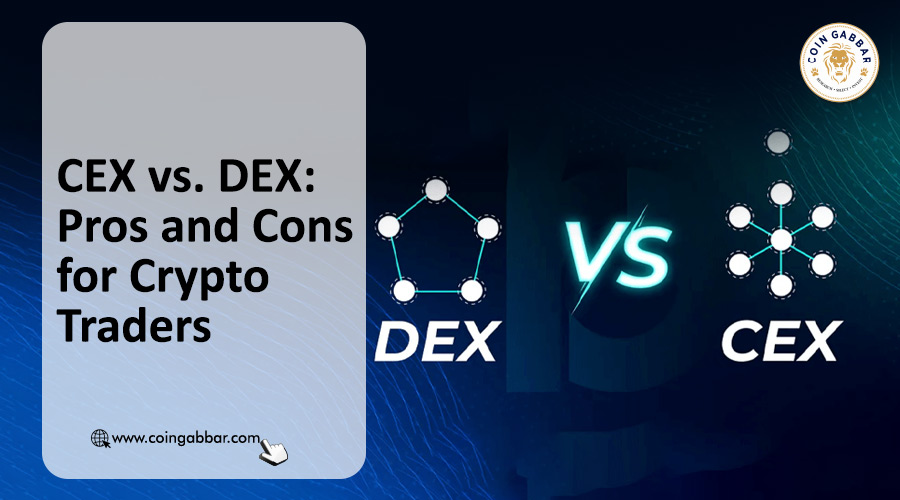
Difference Between CEX and DEX Exchange with Pros and Cons in Trading
The cryptocurrency market has seen a surge in platforms that facilitate the buying, selling, and trading of digital assets. These platforms are broadly categorized into centralized and decentralized exchanges. Understanding the differences between the two is crucial for both novice and seasoned traders.
Centralized exchanges are platforms operated by centralized entities or companies. They act as intermediaries between buyers and sellers, much like traditional stock exchanges. Some of the most popular CEXs include Binance, Coinbase, and Kraken.
Advantages:
User-friendly: Ideal for beginners, they often come with intuitive interfaces and customer support.
High liquidity: Due to their large user base, CEXs usually offer higher liquidity, making it easier to execute large trades.
Fiat-to-crypto: Many CEXs allow users to purchase cryptocurrencies directly with fiat currencies.
Disadvantages:
Security concerns: Being centralized, they are more susceptible to hacks. Over the years, several CEXs have suffered security breaches, leading to significant losses.
Control over funds: Users don't have direct control over their funds, as private keys are held by the exchange.
Decentralized exchanges operate without a central authority. They facilitate peer-to-peer trades, directly from one user's wallet to another. Examples include Uniswap, SushiSwap, and Balancer.
Advantages:
Control over funds: Users retain control of their private keys, ensuring that they have full ownership of their assets.
Security: Since there's no central point of failure, DEXs are less prone to large-scale hacks.
Privacy: Most DEXs don't require users to undergo identity verification.
Disadvantages:
Complexity: They can be less user-friendly, especially for newcomers.
Liquidity issues: Some DEXs may have lower liquidity compared to CEXs, making large trades challenging.
In conclusion, while centralized exchanges offer ease of use and high liquidity, they come with security concerns. On the other hand, decentralized exchanges provide more control and security but might be less intuitive for beginners. Traders should weigh the pros and cons based on their requirements and risk tolerance.
Also, read -Argentina's Shocking Election Result Could Reshape Digital Wealth

2 years ago
Well
2 years ago
super